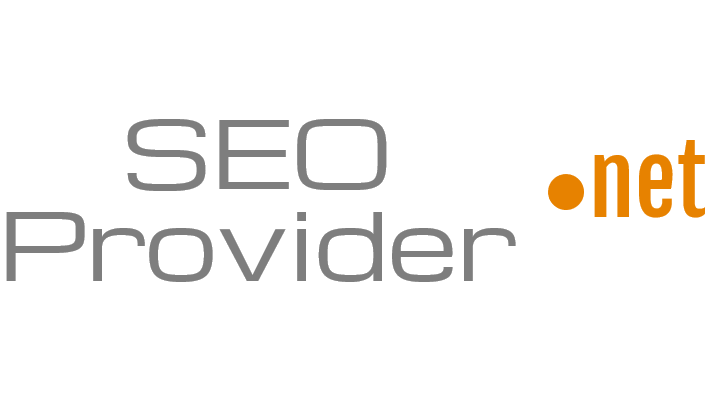Although they are critical, most websites owners, administrators and developers ignore most of them. They are actually 5 challenges if you start to think of them later on. These challenges are considered opportunities to compete with the millions of websites spread all over the internet.
1. Speed:
Studies show that users are likely to leave your website if it loads in more than 4 seconds.
The speed of the website depends on many factors including, but not limited to:
- Strength of the host web server.
- Code logical speed in terms of software engineering.
- Database design.
- Synchronous and asynchronous loading of website resources.
- Browser caching.
- HTTP compression.
- Using CDN to provide static resources.
- Web design.
- Image optimization.
- Avoid 3rd parties plugins (e.g. use internal social icons)
I recommend testing your website using this professional free tool: http://gtmetrix.com/ which provides all what you need to speed up your website. I recommend it over Google’s page speed insights tool: https://developers.google.com/speed/pagespeed/insights/
2. Mobile-Friendliness:
Google has announced recently that starting from 21st April, 2015 it will favor mobile-friendly websites over non-mobile-friendly in search rankings.
Mobile-friendly websites are those websites that can be browsed in tablets and phones without having to zoom-in to view the content. The most popular mobile-friendly websites use responsive web design frameworks, such as Twitter bootstrap which makes users view the website in all devices by adapting the positions of the website elements based on screen size.
To test if your website is mobile-friendly, you may use this tool from Google:
https://www.google.com/webmasters/tools/mobile-friendly/
3. HTML5:
HTML is the basic language that is used between web servers and web browsers to communicate information from web servers to the users. The latest standard of HTML is HTML5.
HTML5 introduced new elements and new attributes to existing elements. The new elements support multimedia in web browsers in a native way and include more descriptive elements to the structure of web pages.
If you want to debate whether to stay with HTML4 or move to HTML5, then you are acting like defensive people who said (refusing to move to newer Windows OS's):
Windows XP for ever
You may consider this resource to plan migration to HTML5: http://www.w3schools.com/html/html5_migration.asp
4. Security:
Security is very critical in today’s internet. Security includes the security of the web server and most important, the security of users data.
A myth says that Security can never reach 100%. However, many good practices may protect your website and users data to a certain level of acceptable security. Some good practices of security includes, but not limited to:
- You may consider having a firewall to the web server (although this point is very debatable as firewalls were originally created for protecting internal corporate networks from internal abuse).
- Your web server should have all ports closed except for the required ones.
- Your web server should have a server antivirus and malware protection which should be updated regularly.
- Your server operating system should be updated to the latest fixes and service packs.
- Take regular manual/automated database backups.
- Design a recovery plan.
- Check your website for malicious user input. For example, SQL injection, cross-server scripting, Libwww-perl agent access, having plain text emails and phone numbers, directory browsing, using SSL…etc.
5. SEO:
Search Engine Optimization is the art of making your website not only user-friendly or mobile-friendly, but also search-engines-friendly.
Although the above points all work together to enhance the SEO, however, there are plenty of accurate and professional things to take into consideration in order to have a better SEO.
Some of the SEO techniques include, but not limited to:
- Having powerful keywords that are specific and relevant to the field of your website. The keywords should be used in the domain name (if possible), the URL, the title of the page, the header 1 and most important, in the body of your web page.
- One hard thing to consider is the age of your domain name. The more the age of a domain name, the better SEO results it will have. Therefore, think twice before changing the domain name of your existing website.
- You should take into consideration having Meta Description and Meta Keywords (although Google claimed that it ignores Meta Keywords because the content is more valuable to analyze than the, mostly, irrelevant and played-off keywords list in the Meta Keywords tag).
- Consider having a breadcrumb, a sitemap.xml, a robots.txt file and a user-friendly sitemap of your website.
- At the most advanced place, you should look for having Microdata, Facebook Open Graph and Twitter cards in your website, which are all used to give meaning content of your website to search engines, Facebook and Twitter respectively.
- SEO is changing day by day and you should consider implementing an adaptive SEO strategy for your website.
I recommend this tool to test your website for security and SEO:
Conclusion:
These factors are really crucial in modern websites: speed, mobile-friendliness, HTML5, security and SEO. Ignore them and you will pay for them in terms of users, business and time when it is too late.
If you want to stay in the competition and revive your website, you should take a step forward and face them.

